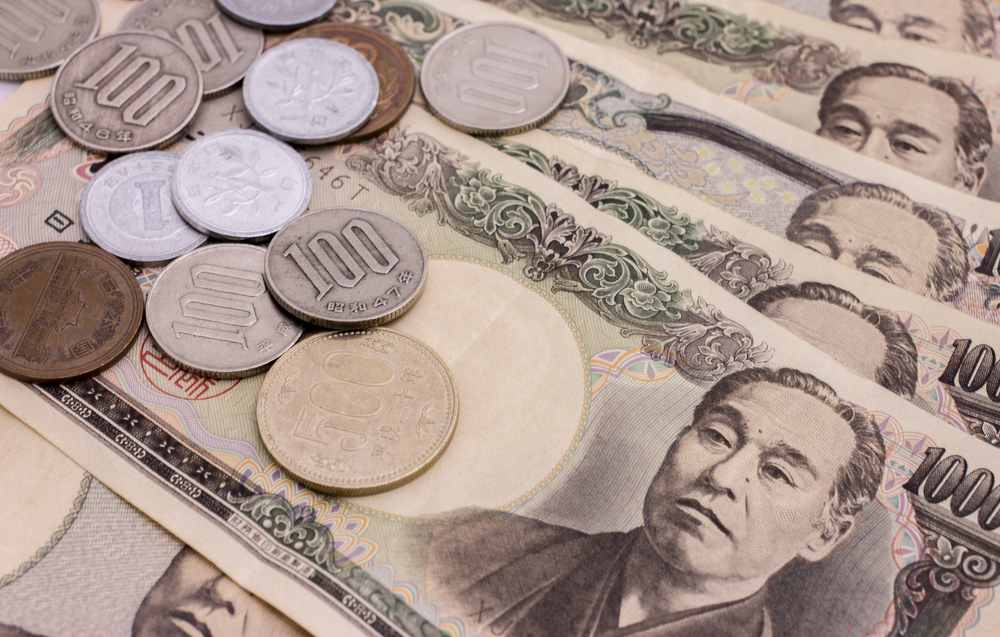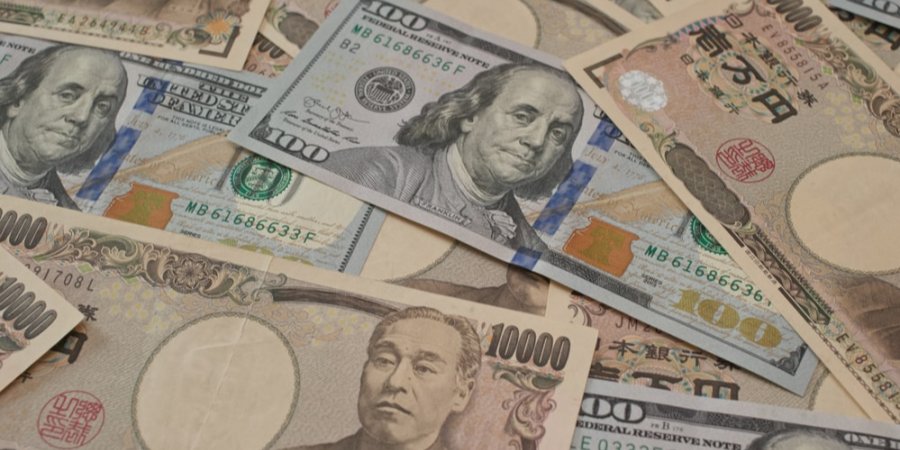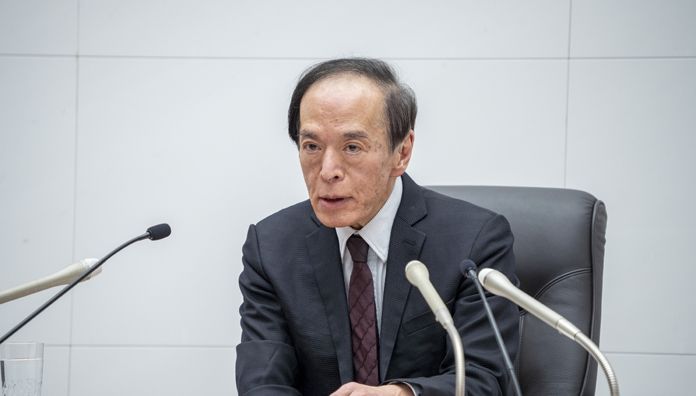GBP/JPY depreciates to near 195.50 ahead of the BoE Monetary Policy Report Hearings
Fxstreet
Nov 19, 2024 8:57 AM
- GBP/JPY loses ground as traders adopt caution ahead of BoE Monetary Policy Report Hearings on Tuesday.
- The British Pound may depreciate as markets price in an 80% probability of another BoE rate cut in December.
- The Japanese Yen receives downward pressure from uncertainty over the timing of the next BoJ’s rate hike.
The GBP/JPY cross retraces its recent gains, trading near 195.50 during European hours. Traders exercise caution ahead of the Bank of England’s (BoE) Monetary Policy Report Hearings on Tuesday. During these hearings, BoE officials, including Governor Andrew Bailey, will address questions from the Treasury Committee of the House of Commons regarding recent interest rate decisions.
The British Pound (GBP) may face headwinds, with markets pricing in an 80% probability of another BoE rate cut next month, potentially bringing rates to just above 4% by the end of 2025. Investors are also closely watching the UK’s October inflation data, forecasted at 2.2%.
The Japanese Yen (JPY) faces pressure amid uncertainty surrounding the timing of the next interest rate hike by the Bank of Japan (BoJ). On Monday, BoJ Governor Kazuo Ueda emphasized that rate hikes would proceed gradually, depending on economic performance, but refrained from providing a specific timeline for future adjustments.
On Tuesday, Japan’s Economy Minister Ryosei Akazawa highlighted the importance of “boosting pay for all generations” as part of the country’s economic package, adding that the government is targeting swift cabinet approval for the plan.
Additionally, Japan’s Finance Minister Katsunobu Kato expressed heightened vigilance over foreign exchange movements, stressing the importance of stable currency behavior aligned with economic fundamentals. Kato reaffirmed that the ministry would take appropriate measures to address excessive forex fluctuations.
Interest rates FAQs
What are interest rates?
Interest rates are charged by financial institutions on loans to borrowers and are paid as interest to savers and depositors. They are influenced by base lending rates, which are set by central banks in response to changes in the economy. Central banks normally have a mandate to ensure price stability, which in most cases means targeting a core inflation rate of around 2%. If inflation falls below target the central bank may cut base lending rates, with a view to stimulating lending and boosting the economy. If inflation rises substantially above 2% it normally results in the central bank raising base lending rates in an attempt to lower inflation.
How do interest rates impact currencies?
Higher interest rates generally help strengthen a country’s currency as they make it a more attractive place for global investors to park their money.
How do interest rates influence the price of Gold?
Higher interest rates overall weigh on the price of Gold because they increase the opportunity cost of holding Gold instead of investing in an interest-bearing asset or placing cash in the bank. If interest rates are high that usually pushes up the price of the US Dollar (USD), and since Gold is priced in Dollars, this has the effect of lowering the price of Gold.
What is the Fed Funds rate?
The Fed funds rate is the overnight rate at which US banks lend to each other. It is the oft-quoted headline rate set by the Federal Reserve at its FOMC meetings. It is set as a range, for example 4.75%-5.00%, though the upper limit (in that case 5.00%) is the quoted figure. Market expectations for future Fed funds rate are tracked by the CME FedWatch tool, which shapes how many financial markets behave in anticipation of future Federal Reserve monetary policy decisions.





